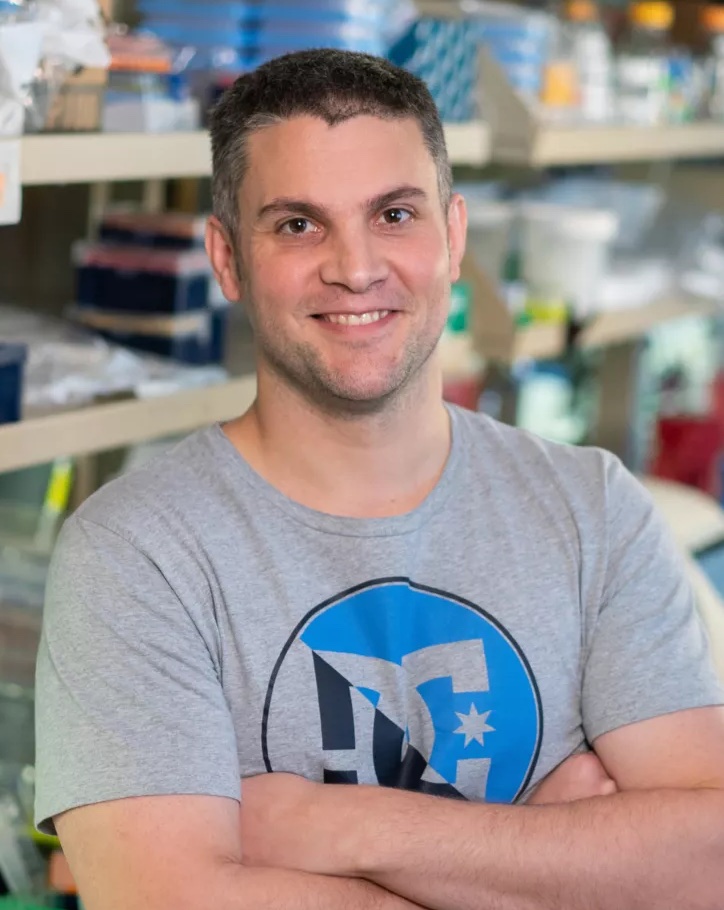DIRECTOR

Antonio Morales-Hernández, PhD
Assistant Professor of Dentistry, Department of Periodontics and Oral Medicine, School of Dentistry
Principal investigator
[email protected] | 7347643870
Antonio Morales-Hernández joined the laboratory of Drs. Pedro Fernández-Salguero and Jaime Merino, where he earned his PhD in Biochemistry, Molecular Biology, and Genetics at the University of Extremadura (Spain). His PhD project focused on the function of the dioxin receptor in cell differentiation and lung regeneration. While pursuing this work, he received excellent training in molecular biology, genetic mouse modeling, cell differentiation and trafficking and the relatively unexplored and exciting field of transposable elements (TEs). This work piqued his interest in Stem Cell Biology and so he decided to pursue further training in this area and therefore joined Dr. Shannon McKinney-Freeman’s laboratory at St. Jude Children’s Research Hospital for his postdoctoral training. Since then, he gained expertise in hematopoietic stem cell (HSCs), which has allowed him to develop his own research program focused on elucidating how loss of GPRASP proteins regulate HSCs function along with side projects focused on general HSCs biology. He is the recipient of the NIH/NIDDK K99/R00 Pathway to Independence Grant.